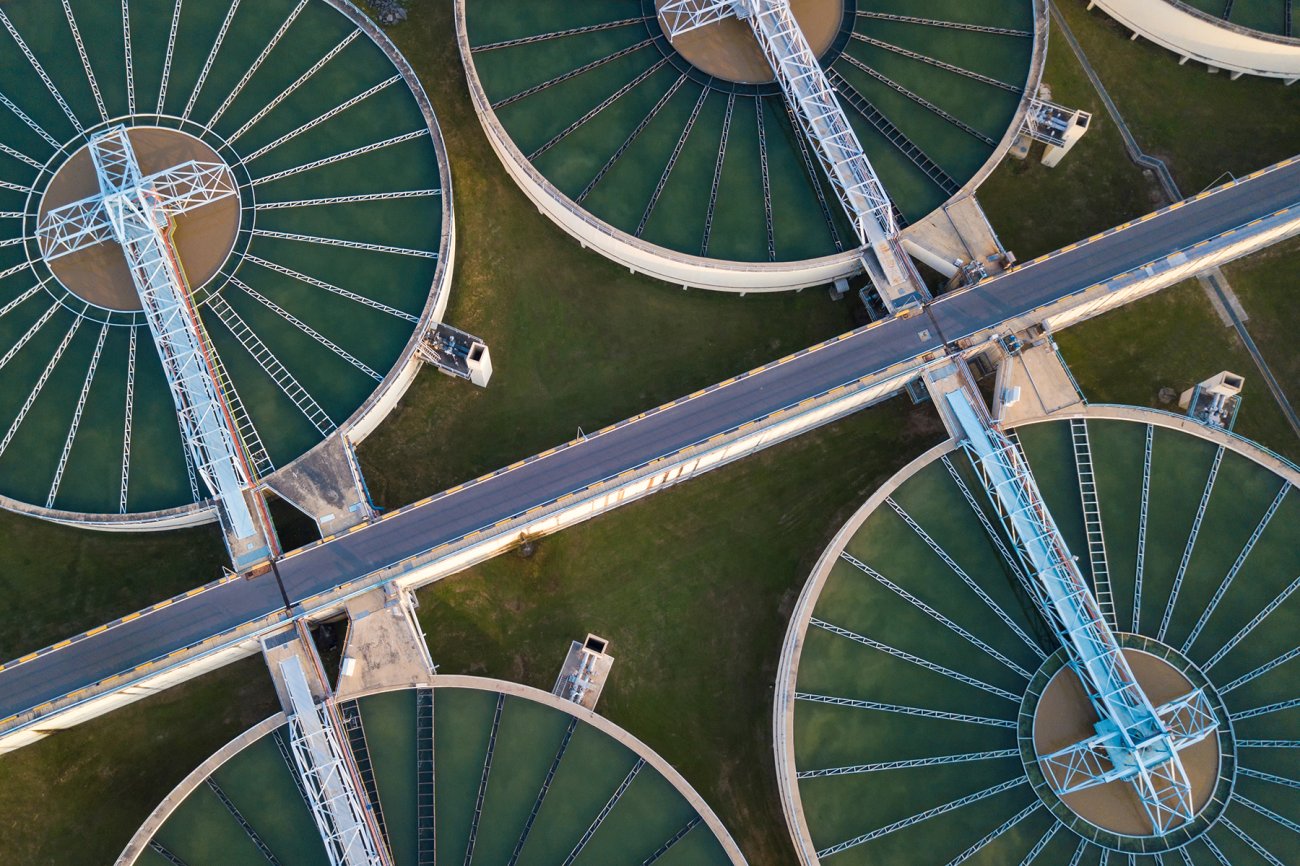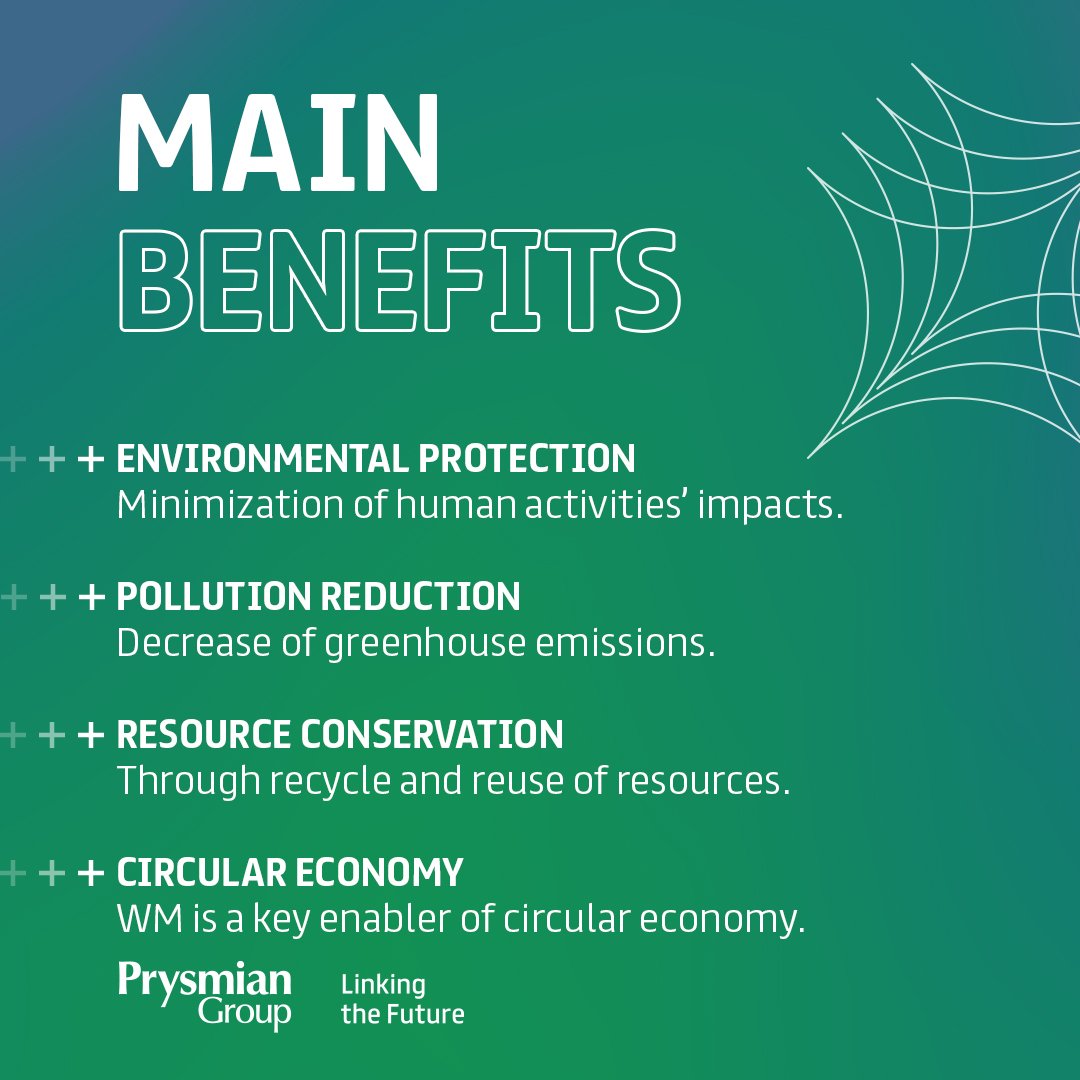The Buzz on Reclaim Waste
Table of ContentsExamine This Report on Reclaim WasteReclaim Waste Fundamentals ExplainedThe 10-Second Trick For Reclaim WasteLittle Known Questions About Reclaim Waste.Some Known Facts About Reclaim Waste.
Residential sewer waste refers to the waste and items from a property septic storage tank. The proper monitoring and disposal of domestic sewer waste need fluid waste to be moved to a sewer treatment plant where the appropriate methods and devices are applied to detoxify and dispose of waste.
Commercial waste commonly includes prospective risks, such as combustible products or a mixture of liquid and solid waste products, and calls for a much more advanced and thorough disposal procedure. The disposal of industrial waste typically involves the filtering of waste prior to transportation to make certain risk-free and appropriate disposal. Industrial waste is created from by-products and overflow of industrial procedures and manufacturing.
This kind of waste can not make use of the very same sewer monitoring transportation or processes as septic or industrial liquids. The hazardous waste monitoring procedure requires the evaluation and screening of liquid waste before it undertakes the disposal procedure (liquid waste removal). Drainage waste is the fluid waste that originates from drainage and excess stormwater in highly populated areas or cities
Runoff waste can trigger contamination and flooding if not dealt with effectively. Discover more concerning drain cleaning and waste management. Making sure proper waste administration can stop calamities and lower ecological damage. Both people in domestic setups and experts in industrial or manufacturing sectors can benefit from comprehending the procedures and policies of liquid waste management.
9 Easy Facts About Reclaim Waste Shown
Get in touch with PROS Solutions today to find out about our waste administration and disposal solutions and the appropriate ways to look after the fluid waste you create.
(https://reclaimwaste1.edublogs.org/2024/11/12/efficient-liquid-waste-removal-and-disposal-your-complete-guide-to-sustainable-waste-management/)This so-called 'wastewater' is not only a vital resource but, after therapy, will be launched to our land, waterways or the sea. Made use of water from bathrooms, showers, bathrooms, kitchen area sinks, washings and commercial procedures is known as wastewater.

water used to cool equipment or tidy plant and devices). Stormwater, a type of wastewater, is runoff that moves from farming and city locations such as roofs, parks, yards, roads, courses and gutters into stormwater drains pipes, after rain. Stormwater streams neglected directly to neighborhood creeks or rivers, eventually getting to the ocean.
Some Ideas on Reclaim Waste You Need To Know
In Queensland, most wastewater is treated at sewage treatment plants. Wastewater is transported from domestic or commercial sites via a system of drains and pump terminals, referred to as sewage reticulation, to a sewage treatment plant. Neighborhood governments develop, maintain and run most sewer treatment plants. Operators are accredited under the Environmental Protection Act 1994 to discharge cured wastewater at an appropriate environmental requirement right into waterways.
The Department of Natural Resources suggests city governments concerning managing, operating and keeping sewerage systems and therapy plants. In unsewered locations, regional governments may need householders to mount specific or family sewer therapy systems to deal with residential wastewater from bathrooms, kitchen areas, washrooms and washings. The Department of Natural Resources authorises the usage of household systems when they are verified to be reliable.
A lot of stormwater obtains no therapy. In some brand-new neighborhoods, therapy of some stormwater to eliminate look these up trash, sand and gravel has actually begun using gross toxin traps. Wastewater therapy occurs in 4 phases: Removes solid matter. Bigger solids, such as plastics and other items wrongly discharged to sewers, are gotten rid of when wastewater is gone through screens.
Wastewater then streams into big containers where solids work out and are removed as sludge. Oil and residue are skimmed from the surface area. Uses small living microorganisms referred to as micro-organisms to break down and remove remaining liquified wastes and fine particles. Micro-organisms and wastes are incorporated in the sludge. Gets rid of nitrogen and phosphorus nutrients that can cause algal blossoms in our rivers and threaten aquatic life.
Reclaim Waste Fundamentals Explained
Nutrient elimination is not available in all sewer therapy plants since it calls for costly specialised devices. It is coming to be a lot more usual in Queensland. Clear fluid effluent produced after therapy may still include disease-causing micro-organisms. If this effluent is launched right into waterways such as rivers or the sea, the micro-organisms will at some point die out.

Most wastewater streams into the sewage system. Under the Act, regional governments carry out approvals and permits for ecologically pertinent activities (Periods) involving wastewater launches that might have a neighborhood impact.
Facts About Reclaim Waste Revealed
Monitoring provides factual details concerning water quality and can confirm that licence problems are being satisfied. The info acquired through tracking supplies the basis for making water high quality choices.